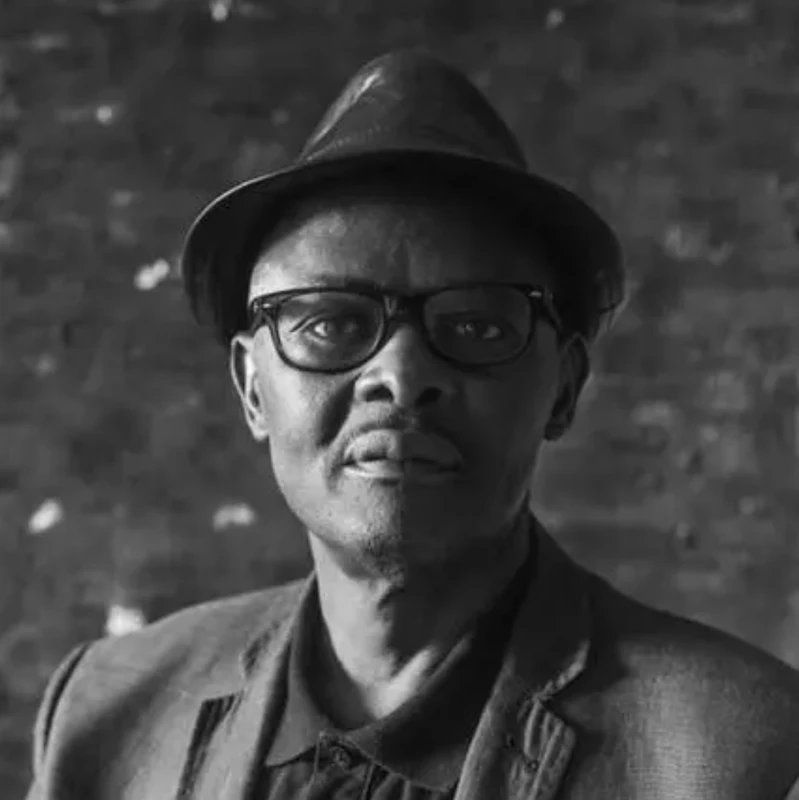Vanley Burke and Diane Louise Jordan: The Making of Black Britain
6 Aug 2023 7-8pm


To mark the 75th anniversary of the 1948 Nationality Act, Vanley Burke, the ‘Godfather of Black British Photography’, is in conversation with Diane Louise Jordan, broadcaster and founder of the project The Making of Black Britain.
Vanley Burke’s photographs and art capture experiences of his community's arrival in Britain, the different landscapes and cultures he encountered, and the different ways of survival and experiences of the wider African-Caribbean community.
The Making of Black Britain is a story-telling project, created to document and preserve life experiences, for us and generations to come. It’s a ‘living’ archive, particularly poignant for communities whose history has been truncated or lost. Vanley is the official photographer of the project and has been travelling the length and breadth of Britain with Diane, capturing the portraits of The Making of Black Britain story-tellers – those who make up Britain today, every colour, creed, class and generation from the Windrush generation through to the present day – to mark this significant moment in history. To explore what it means to be British. And what it means to belong.
The 1948 Nationality Act is a pivotal moment in British history – in the transition from Empire to understanding how we live today.
Vanley Burke
Born in Jamaica in 1951, Vanley Burke moved to Birmingham in 1965, armed with his camera given to him by his grandmother for his 10th birthday. He started photographing daily life in the community around him in 1967 and has continued to the present day.
For over 30 years Vanley Burke has single-mindedly followed his self-appointed task to document the life of the black community in Britain. From worship and baptism in a local church to family weddings and birthdays or simply men enjoying a session of dominos. He was there at African Liberation Day in 1977, Handsworth Park, where the biggest all-black crowd gathered in Britain. He was also there in 1981 and 1985 when Birmingham’s streets erupted in violent riots.
Vanley’s amazing work has been exhibited extensively across the UK and abroad with solo exhibitions in New York and closer to home in Birmingham. The photographs have also been displayed in locations more easily accessed by black audiences, including pubs, clubs, community centres, churches and schools.
Although much of his work is centred around the Handsworth area, Vanley has also worked in many other towns and overseas, most importantly in South Africa during the struggles against apartheid. Shortly after the release of Nelson Mandela he took a self-financed trip to South Africa to record people and events in post-Apartheid.
"The photographs are very much a part of a documentation process which we as black people need to go through, and it is not an attempt to show the black community to the wider community, this is where we are, it is more importantly a record!" - Vanley Burke
Diane Louise Jordan
Diane Louise Jordan made front page news as the first black presenter of BBC1’s legendary show Blue Peter as well as being the first black presenter of BBC’s Songs of Praise. Diane is respected for her Royal alliances and has held a number of Trustee positions over the years, including sitting on the board of The Prince’s Trust, and the BBC’s Children in Need.
Her wide-reaching appeal was a deciding factor in former British Premier Gordon Brown’s invitation for her to sit on The Diana, Princess of Wales Memorial Committee – the first and only TV celebrity asked to do so. Diane became part of the original board of The Diana Awards, one of the memorials attributed to the late Princess.
When Diane’s sister suddenly died in 1989, Diane became a single parent to her two-year-old niece. This experience was the catalyst for her extensive research into the effects of developmental and generational trauma, as well as her advocacy and mentoring work to combat the increasing levels of family breakdown which adversely affects a person’s ability to thrive. Diane is dedicated to producing initiatives and programmes that build the family and leave a legacy.